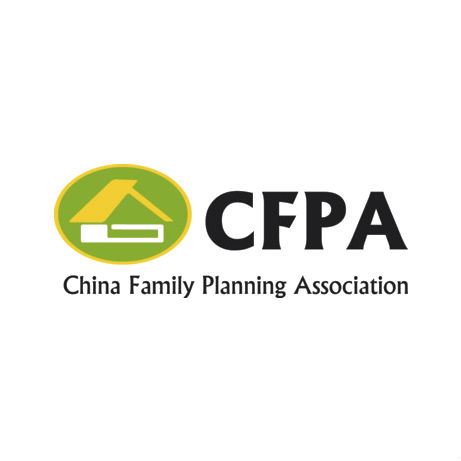

| 31 March 2016
China Family Planning Association
The China Family Planning Association (CFPA) plays an important role in providing information and education and promoting voluntary family planning in China. Thanks to its millions of volunteers throughout the country, CFPA provides Chinese people with family planning, maternal and child health, healthier childbearing and adolescent sexual and reproductive health, both information and services. The CFPA's main target groups are the vulnerable ones such as women of reproductive age in economically less developed areas, the young people between 10-24 years old, the migrants and the ethnics in the remote areas. These people often lack both the knowledge and the skills to improve their health and status and the access to reproductive health information and education. In recent years, a nationwide 'Reproductive Care Campaign', has been implemented at the grassroot level throughout the country. This campaign benefits millions of ordinary women, men and young people, not only provide information, education and services in reproductive health, but also promote rights awareness. Such contributes towards the building of a harmonious society. Through the Democratic Participation in Society (DPS) Project, CFPA helps to protect the legal rights of Chinese citizens especially in the area of reproductive health.

| 31 March 2016
Family Planning Association of Nepal
Established in 1959. the Family Planning Association of Nepal (FPAN) is Nepal's first national family planning service delivery and advocacy organization. It is a major collaborator of the Government of Nepal's national sexual and reproductive health (SRH) program, contributing a greater percentage of all SRH services in Nepal annually. FPAN serves Nepalese people in 44 districts, focusing on the poor, marginalized, socially excluded and underserved (PMSEU) populations, which include female sex workers, people living with HIV (PLHIV), LGBTIQ people, injecting drug users, men who have sex with men (MSM), migrant workers, people with disabilities (PWD), survivors of gender-based violence (GBV), urban slum dweller and people affected by disaster and crisis. The mission of FPAN is to "champion a volunteer movement for increased provision of SRHR to all, particularly to those most at risk, marginalized, and under-served". The planned outcomes set by FPAN for the strategic planning period (2016-2022) include: Nepal Government respects, protects and fulfil sexual and reproductive rights and gender equality; Nepalese people empowered to act freely on their sexual and reproductive health and rights; a high quality integrated sexual and reproductive health services delivered; and a high performing, accountable and strong FPAN. The success of FPAN is due to its extensive and diverse network of service delivery points, as well as its expertly trained staff and volunteers who provide services in areas where they would otherwise be unavailable. FPAN provides an Integrated Package of Essential Services (IPES), which includes sexuality counselling, contraception, including emergency contraception, safe abortion, STIS/RTIs, HIV & AIDS, obstetrics, gynecological and sexual & gender-based violence services. These services are provided across 974 service delivery points (including 270 clinical SDPs, 22 family health clinics, 56 community health clinics, 75 associate clinics, 117 mobile teams, and 794 non-clinical service delivery points). FPAN provides approximately four million SRH services each year across its service delivery points, with family planning accounting for 40%, STIs/RTIs for 14%, gynaecological services for 12%, HIV services for 10%, and other services accounting for the remaining 24%. FPAN has eight clinical training centres that are connected to its family health clinics, which provide full range of family planning and reproductive health services. The training centres are accredited by the National Health Training Centre, (MoHP). These centres provide a variety of family planning and sexual and reproductive health training to health care providers from FPAN, government, and non-governmental organizations (NGO) health facilities.







